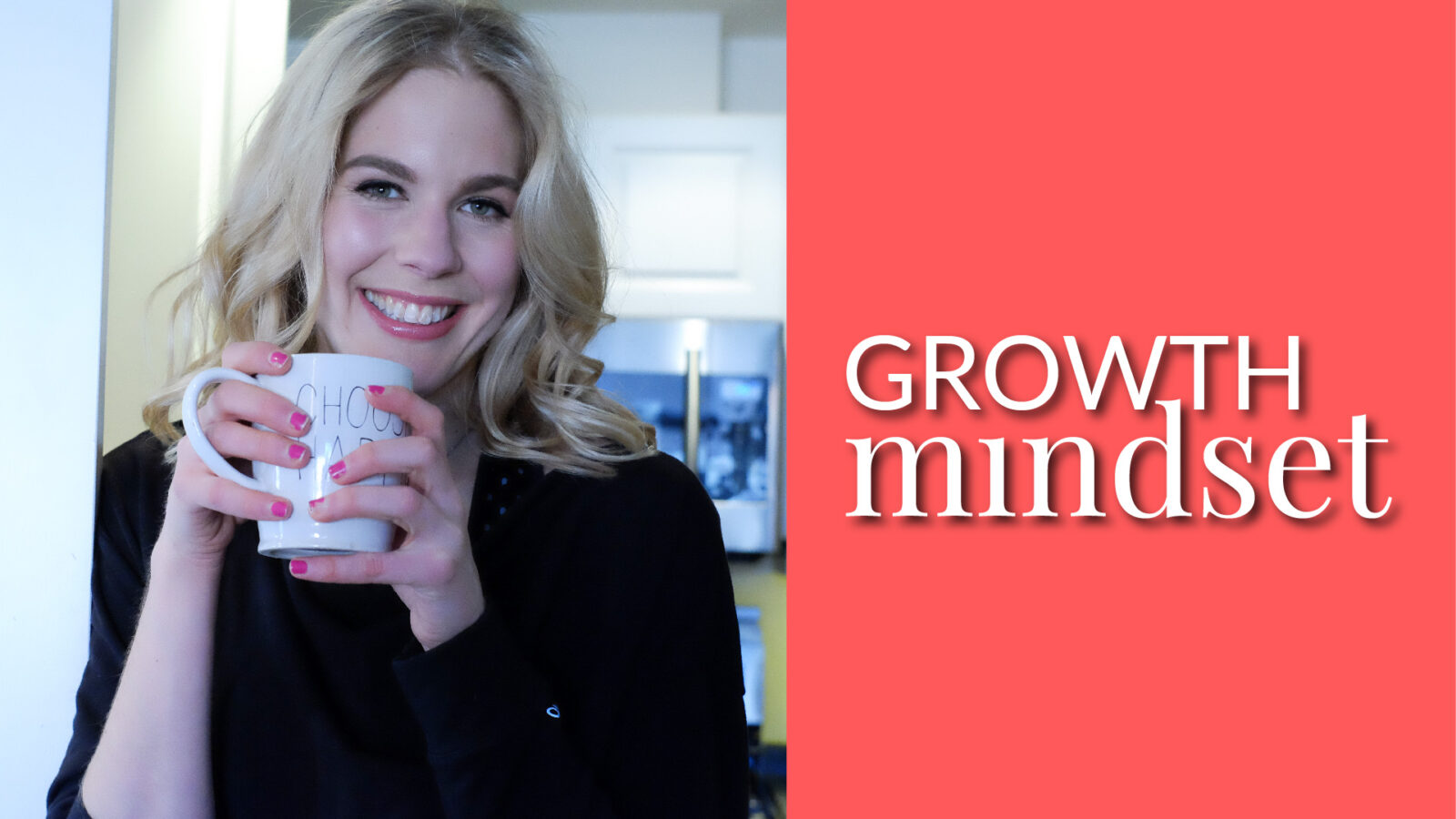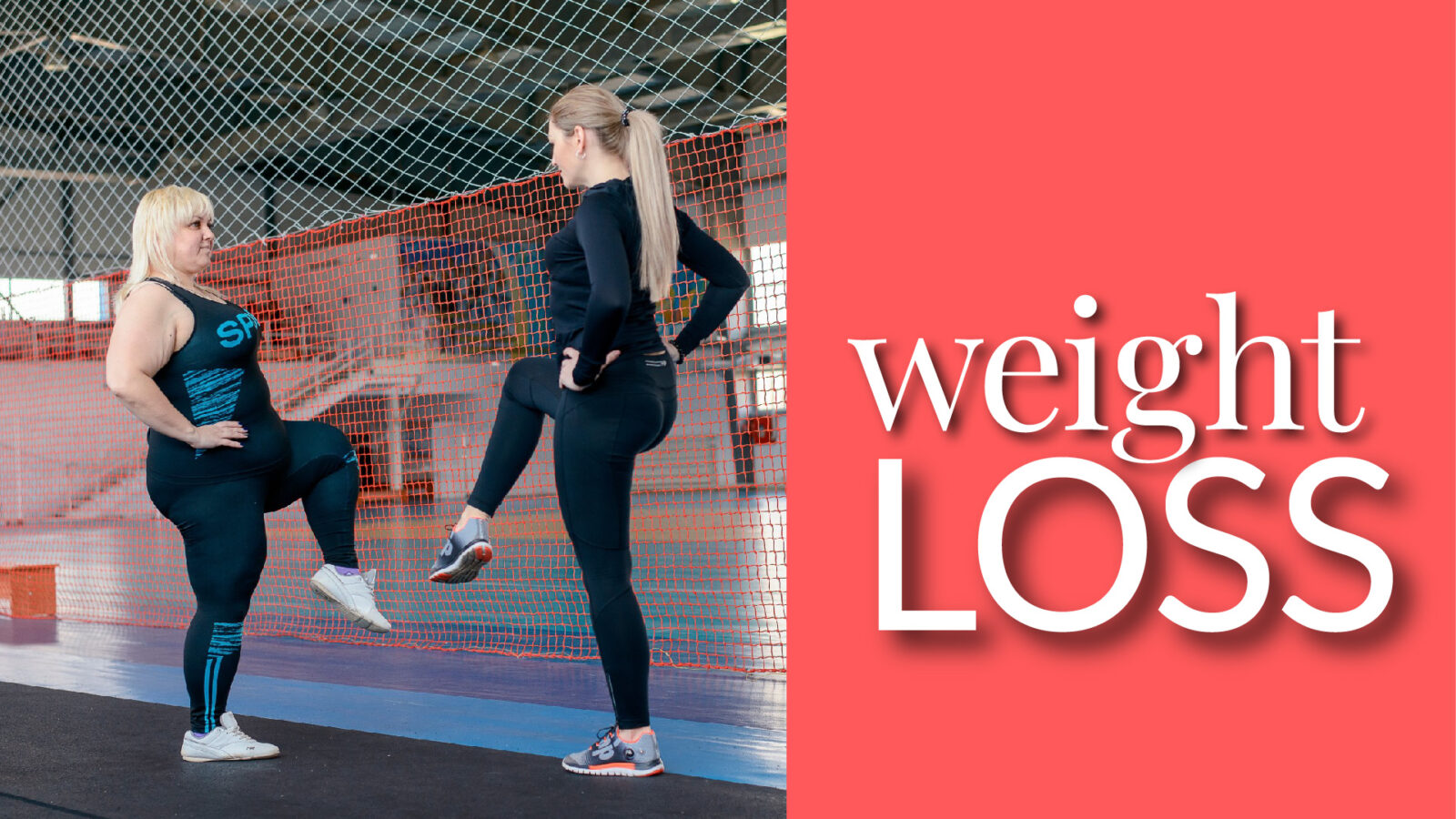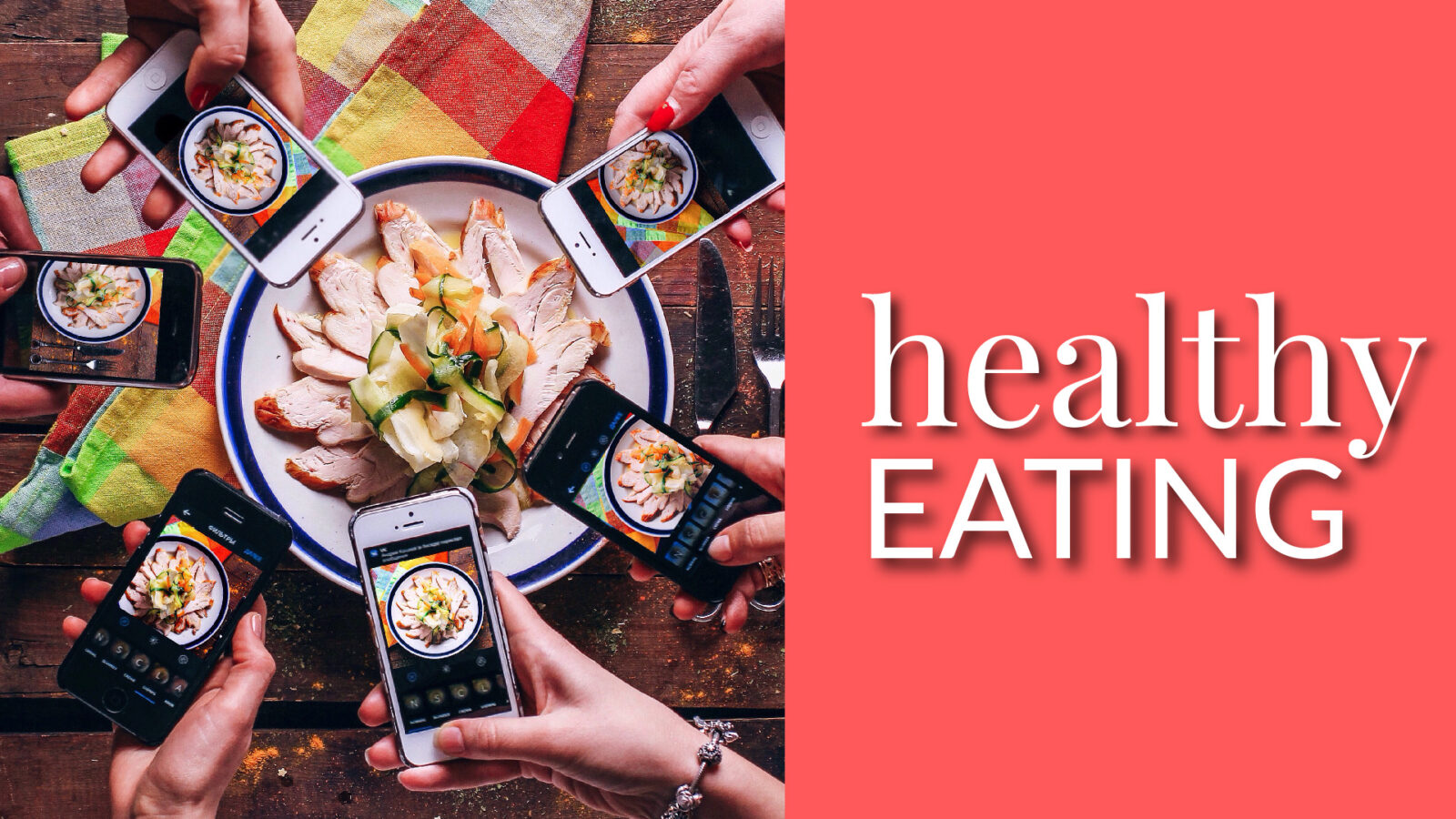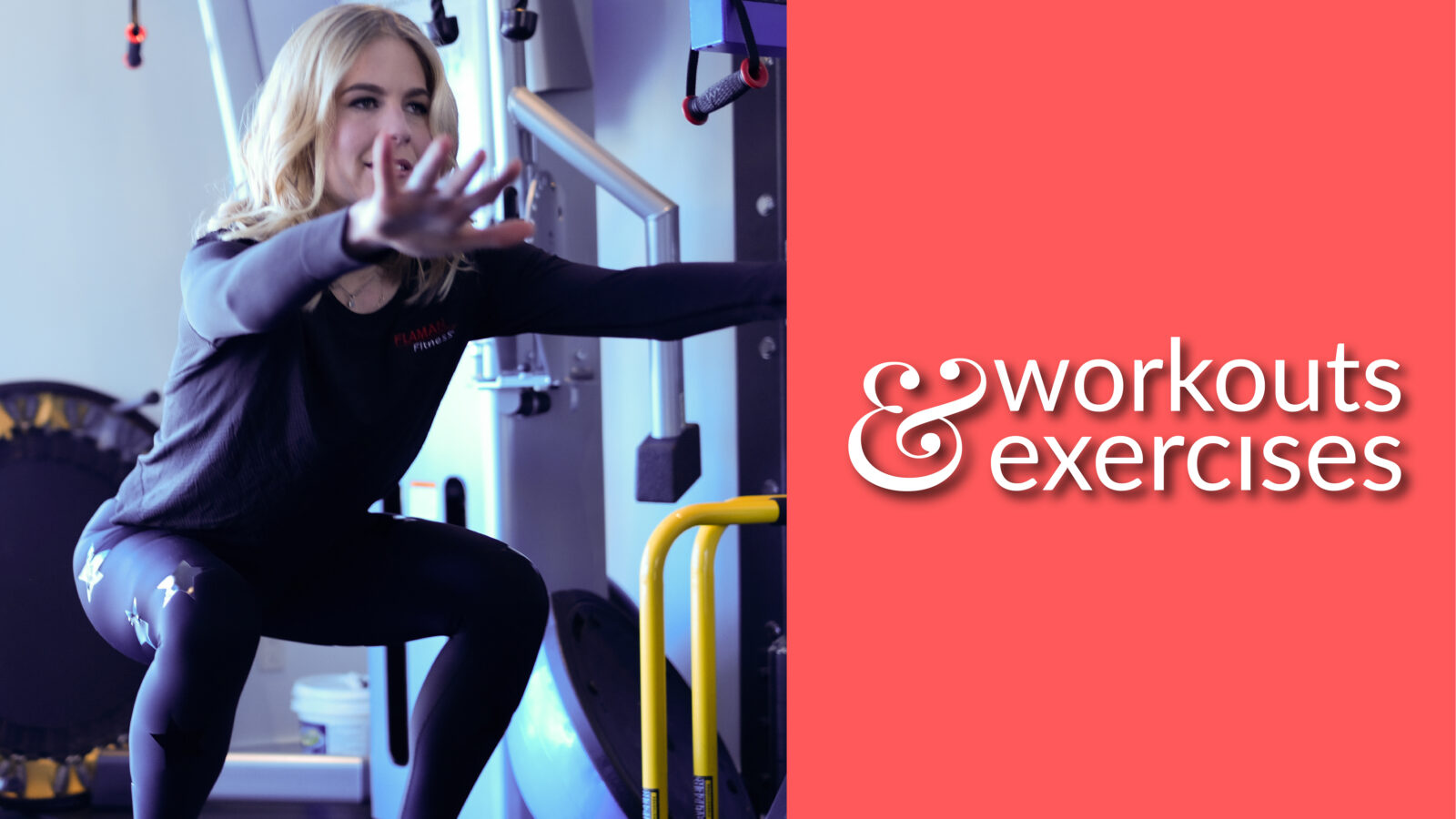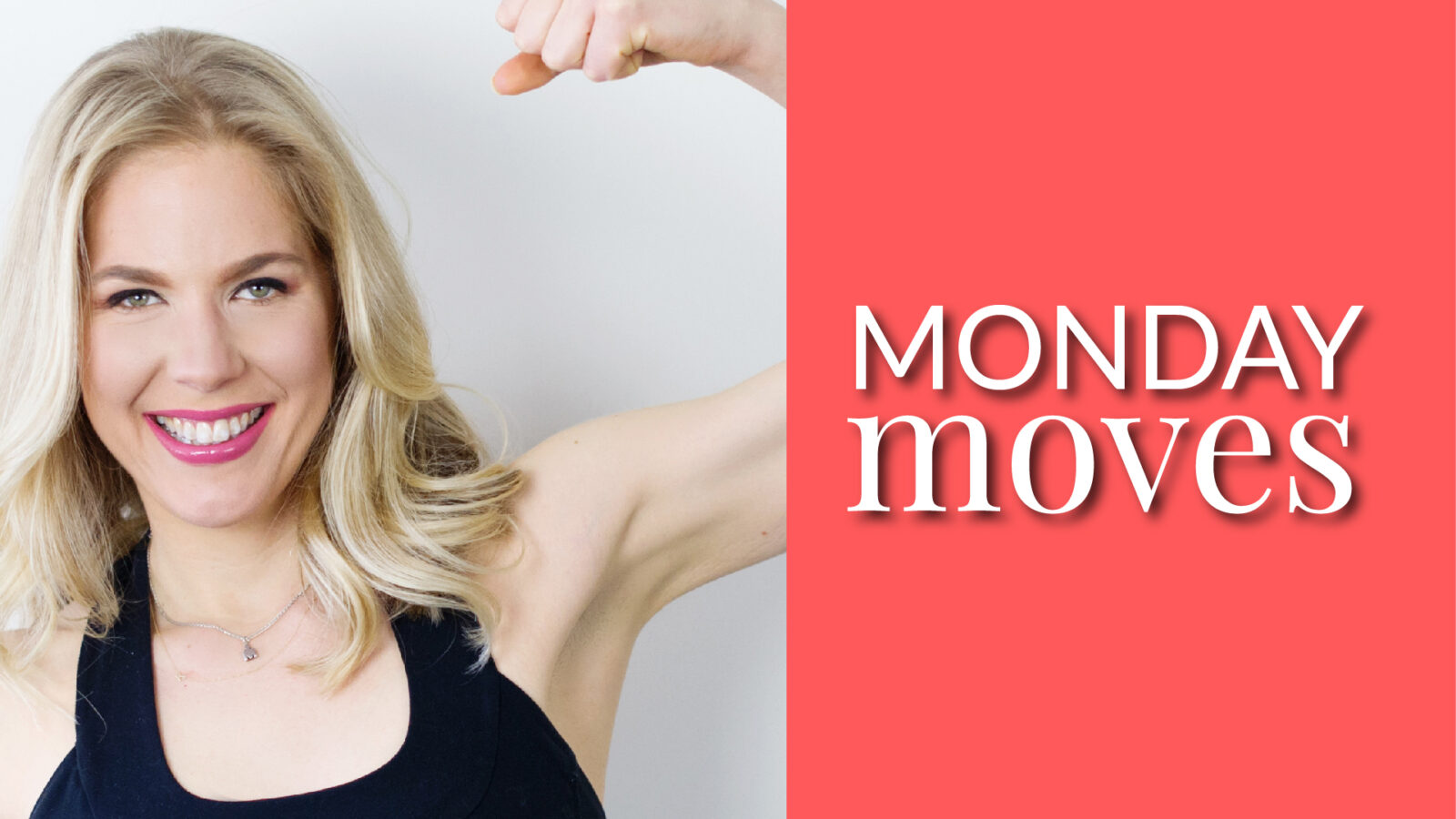Intermittent Fasting by Precision Nutrition’s founder by John Berardi
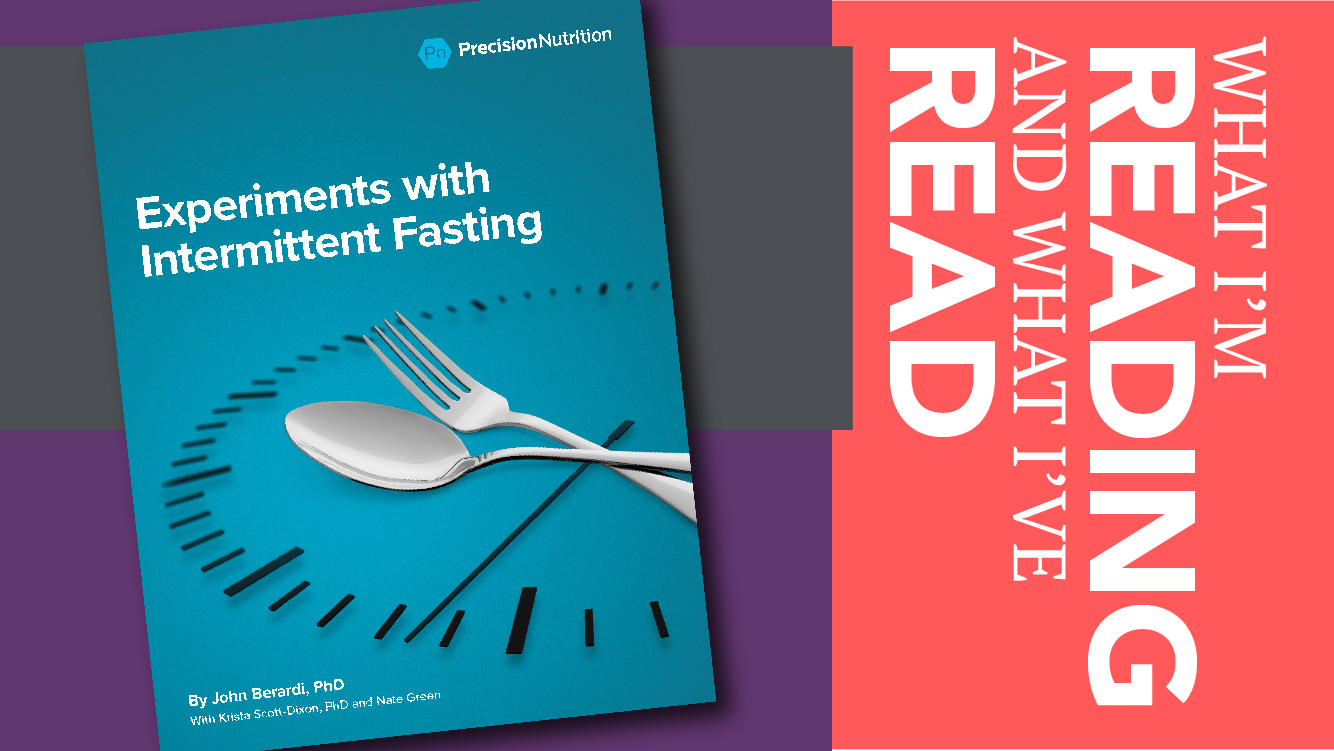
Side note: In my experience most people could benefit from a “close the kitchen” IF window after dinner. No one — other than possibly athletes on twice-daily training plans or the extreme early bird dinner types — requires nutrients after dinner. Typically, post-dinner munchies are emotionally or socially driven. If you take anything from IF, take the gems that you don’t always need to be eating (or drinking calories), and being aware of both what and when you eat is key. Whatever eating plan you chose, become aware of your food choices and work to understand the difference between physiological hunger and emotional or environmental eating.
Why am I reviewing this book (vs the innumerable others on this oh-so-hot topic)? I respect John Berardi (I am currently completing Level 2 of his Precision Nutrition certification program) and I like the format. John starts by explaining what IF is, noting the current science, and then reflects on his experiences trying each of six protocols. Plus, I appreciate that it is a free e-book and thus available to all. If you’re curious, here is the link: www.precisionnutrition.com/intermittent-fasting.
Not up for the full read, but curious about the main take-aways? Here you go…
- The reported benefits of IF include the regulation of blood glucose and blood lipids, weight management, gains or maintenance of lean tissue, decreased markers of inflammation and oxidative stress, increased cellular turnover and repair (autophagocytosis), fat burning, increased growth hormone and metabolic rate, and improved appetite control.
- A few popular IF methods include the following:
- 12/12 — fast for 12 hours, eat for 12 hours
- 16/8 — fast for 16 hours, eat for 8
- 36/12 — fast for 36 hours, eat for 12
- A 24-hour fast once per week
- The “Warrior” — fast for 20 hours, eat for 4
- No matter what diet plan you use (IF, paleo, keto, etc.), be aware of what you are putting in your mouth (control calories); consume high-quality, nutritiously dense, unprocessed foods; and prioritize MOTION! (Can we get a “woot woot” for motion?)
- It is not just about what you do when you fast; it is how you break the fast. Yes, if you decide to do IF, of course be vigilant about fasting when you fast — don’t sneak food — but also use vigilance around your choices outside of fasting hours.
- A CRITICAL main take-away is that IF is only one variable in the health process — it alone does not guarantee weight loss. Weight, fat loss, improved health markers, etc. are a combination of the benefits of the fast married with “awareness towards food choices” and the “calorie decrease” that typically accompanies fasting. Lots of overweight or unhealthy individuals skip breakfast and don’t eat till 12 or 1 pm (and thus do a 14-16 hour fast depending on when they eat dinner), but that doesn’t mean they lose weight. Why? They are eating garbage — pastries, fast food, etc. — the hours they are eating. In contrast, John spent most of his life not knowing IF existed, but he was 10% body fat. Why? Because he has always been aware of his food choices. Intermittent fasting — when COMBINED with awareness and exercise — can create excellent results, but so can keto, paleo, carb cycling, etc.
- Another way to frame this is that IF could be a helpful tool — for some people — but it is not a NECESSARY tool for weight management. Yes, it is the “newish” strategy for success, but that does not mean you can’t be healthy or lose weight without it. Individuals — including John — have been lean mean fighting machines for years without IF. John was lean before IF. John was lean after. IF was not a magic solution for him and it won’t be for you, mostly because there is no magic solution. Health takes dedication, progressive adaptation, and most important a growth mindset and introspection.
- Never analyse your food and diet choices in a vacuum. Always analyse any nutrition protocol relative to the rest of the variables, relationships, goals, and people in your life. Are you a mother, father, wife, daughter, busy professional, etc.? Your life realities will affect if IF is realistic and beneficial for YOU vs simply an added stress (and thus not beneficial).
- When analysing your current food patterns to create a plan realistic for YOU, make sure to pinpoint “limiting factors” (i.e., large nutrition problems you can fix that will make a big difference). Put more crudely, determine “where you are bleeding nutrition dollars” so you can fix that — “triage” your nutrition goals.
- Using Kathleen speak, know you and do YOU. Just because something works for your father, friend, or favourite celebrity does not mean it will work for you. Thrive in your own lane. Yes, learn what IF is, but have the wisdom to filter the knowledge through the lens of your life, relationships, goals, and personality.
Intermittent fasting might work for you if…
- you have analysed your “deficiencies” and know that you consume a large number of calories late at night and/or you have a hard time differentiating between “real hunger” and “emotional hunger.” If these two instances are where you “bleed” nutrition dollars, IF might be a useful solution. IF can offer a perspective of “eating as a privilege” (eg., “I won’t die if I go 4 hours without food …. I can skip that donut.”
- you are an experienced exerciser/health enthusiast/athlete trying to tweak your plan and/or get added results.
Intermittent fasting might not work for you if…
- you are a “newbie.” Why? The “making healthier choices” muscle needs to be made stronger through repetition. IF decreases the amount of times you get to “form your relationship with food.” This can be a positive depending on your personality and can make saying no an “easy” non-negotiable in the short term, but long term it can be problematic — you don’t get the chance to develop positive habits and “practise” eating well.
John also cautions both females and overly stressed individuals wanting to try IF, especially the extreme versions.
Why caution for women? IF typically results in a caloric decrease, and women’s bodies and reproductive hormones are fine-tuned to react to energy balance in the body. If women eat too little we risk stressing our reproductive health and hormones, which in turns changes the feedback loop to our brains — the brain will send out “must eat” signals. This impacts our relationship with food, our internal dialogue, etc. Net is, navigating being healthy, lean, and female is a complicated endeavour. Yay being a girl!! Lol
Why caution if stressed? If you are stressed, John’s point is that now is probably not the time to try IF. Your body does not need another stressor.
To sum it up
Regular cycling of an IF protocol can make it easier to maintain a lower body fat, but that does not mean IF is for everyone. It is one possible tool — not THE tool. If IF works for you, great, but don’t assume that just because it works for you it will work for you forever or that it will work for anyone else. Let others “do them.” You “do you.” IF does not work for everyone and it does NOT have to work or everyone!! Always analyse your food choices in context. Care about the “meta” aspect of your food — how your food choices interact with the rest of your life. The trick to finding your “fit” is matching your workout AND nutrition plan to your personality, your goals, and your life realities.
Note, if this review intrigues you, check out John Berardi on The Fat Burning Man podcast.
Download a copy of the book here.

